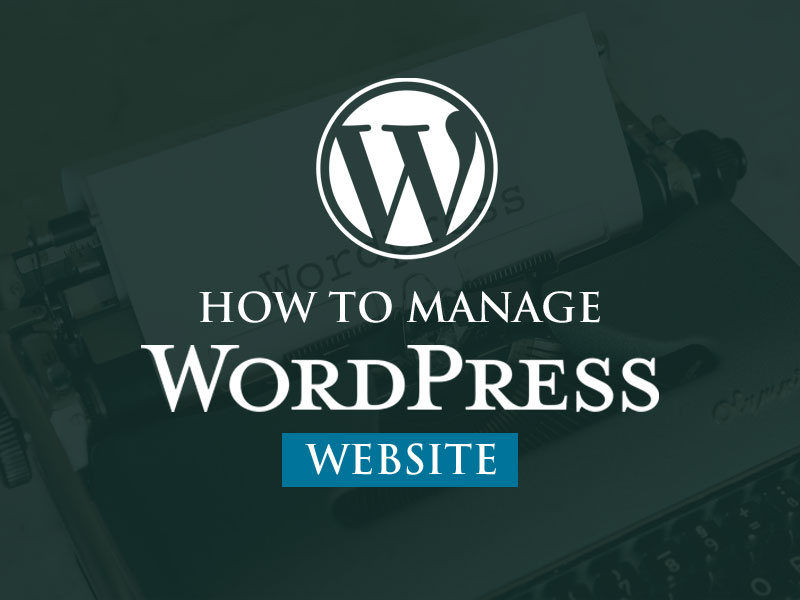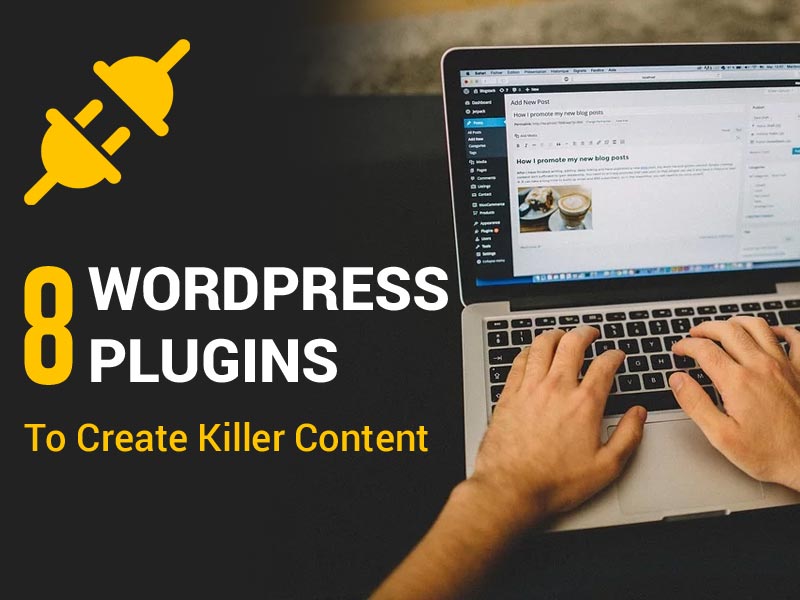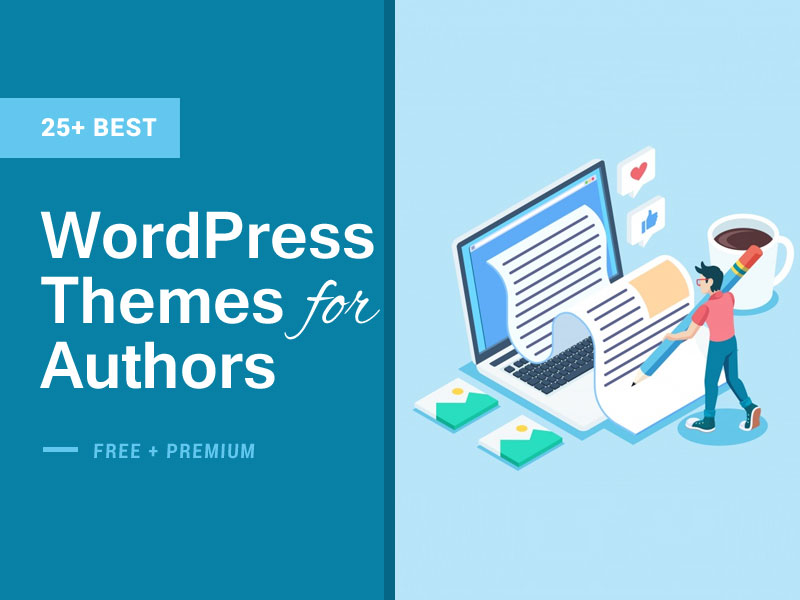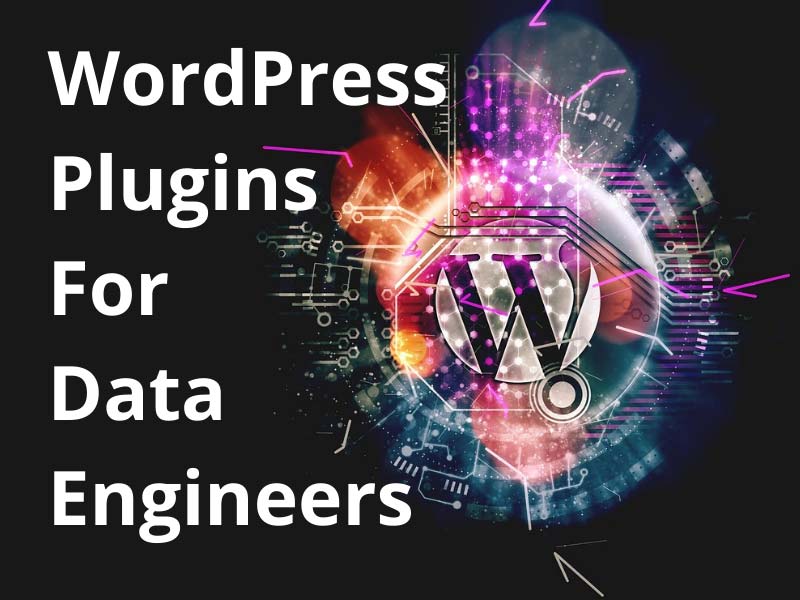WordPress powers most of the internet. From blogs, business websites, personal sites, to e-commerce sites, more than 60 million websites are powered by this popular content management system. It is, by far, the most robust and flexible tool for creating websites available today.
To get the most out of your WordPress website, you need to know how to manage and maintain it. You can either maintain your website yourself or outsource to one of the many excellent white label WordPress development services on the market. Whatever option you decide, here’s a cheat sheet on how to manage your WordPress website efficiently.
Regularly Update All WordPress Files
Make it a part of your maintenance schedule to review and update all your WordPress files on a regular basis. Some of these critical files that need constant updates are your plugins, themes, and WordPress core. Without these updates, you’ll experience slow performance and speed, lack of online support from WordPress, and site incompatibility.
Perform Frequent Content Audits on Your Web Pages
Content is the backbone of every website, and it is the primary tool for driving visitors to your site and increasing authority in your industry. Updating your website’s content is a core task when it comes to managing a website. Having up-to-date and relevant content on your website easily translates into increased organic traffic (visitors) to that site.
You don’t want to bear the risk of having misleading, outdated, and non-informative content on your site. It can lead to you ranking low on search engines and losing your visitors to other competitors. Here’s an excellent guide to help you run a content audit.
Make It a Habit to Constantly Back Up Your Website
It is best practice to have a backup for any essential file you regularly work with, and doing the same for your WordPress website is no exception. It saves you the stress of rebuilding your site from scratch in case your website crashes or loses any of your site files.
You can manually back up your files weekly or monthly or deploy a WordPress plugin like BackupBuddy, Blog Vault, UpdraftPlus, and many others.
Optimize All the Media on Your Site
Visitors are less likely to stay on your website when they experience delays while loading web pages. One of the top contributors to a lagging website is unoptimized media like videos, images, and audio.
It is best to compress the size of all media files on your website to ensure that your site performs better and your pages load faster. To achieve this goal, you can compress your media with WordPress plugins, Imagify, ImageRecycle, and EWWW Image Optimizer.
You also have to optimize your media to help them rank in the media section of search engine results. One way of doing this is through the alt-text approach, which tells search engines what the media is about.
Ensure Your Site is Always Secure
The internet is a hub for cyberattacks such as denial of service, phishing attacks, social engineering and many others. Visitors want to feel safe when providing their details on your site, so it’s important to spend time focusing on its security. You don’t want to lose visitors because your site was hacked, or lose your customer’s confidential data.
Make it a point to beef up the security of your website by adopting practices like updating your SSL regularly before it expires, ensuring proper password management for essential logins through security plugins like Sucuri Security, WordFence and VaultPress.
One way you can keep visitors coming back to your page is to build trust, and the first step to solidifying that trust is making them feel secure.
Go for It!
When maintaining a website, your core goal is to serve the needs of your visitors by attracting and retaining them. Whether you have an in-house team or you are outsourcing your WordPress management, these tips will help you achieve your goals.







